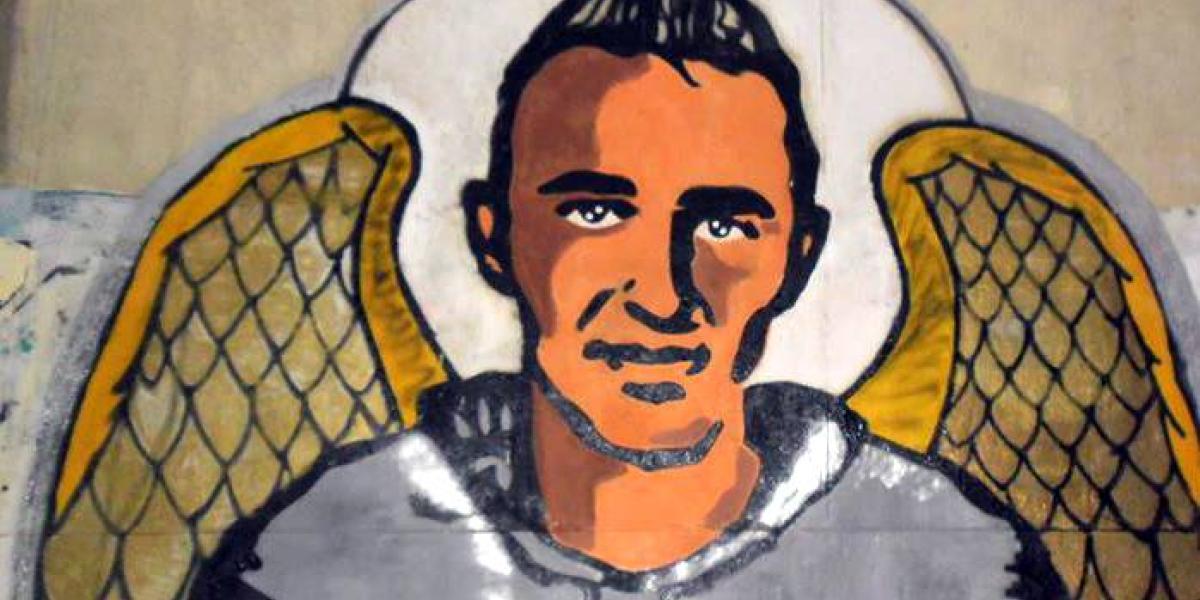Breadcrumb

In November 2012, in the aftermath of the Egyptian revolution, opposition leader Mohamed ElBaradei faced a pivotal decision on his role in supporting the new democratically elected President Mohamed Morsi, a member of the Muslim Brotherhood. Though ElBaradei and other liberal and secular figures had previously supported the Brotherhood during the revolution, they were wary of the Brotherhood’s Islamist agenda. Their primary concern was the makeup of the constituent assembly responsible for drafting Egypt's new constitution, which they believed failed to represent Egypt’s diversity. Many liberal figures were threatening to boycott the assembly in protest.
With the assembly on the brink of collapse, Morsi sought dialogue with ElBaradei and other opposition figures to reach a consensus on the constitution draft. However, ElBaradei doubted the sincerity of Morsi’s intention to form a more representative assembly. Accepting Morsi's olive branch would symbolically legitimize his government and conservative agenda, while refusing could delay constitution drafting, leaving Morsi with unchecked powers and the country vulnerable to a military takeover. As fault lines deepened between Islamists and secularists, ElBaradei grappled with the decision to accept the invitation.
- Understand how hidden preferences can lead to regime instability, especially in authoritarian regimes;
- Recognise the power of organisation and mobilisation prior to a window of opportunity;
- Understand the challenges of maintaining pro-democracy coalitions during regime-founding moments.
